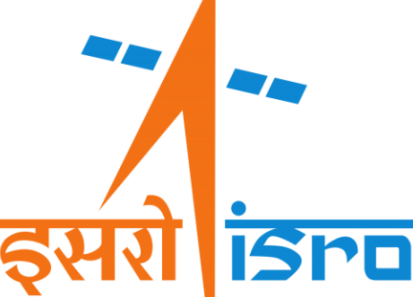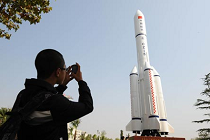Space R&D: a strategic frontier
Instead of inviting foreign corporations to India to create a manufacturing base, Modi can use his Silicon Valley experience to build a similar research and development foundation in India for indigenous high-tech companies. A strategic space megaproject could be the start of this much-needed push.










